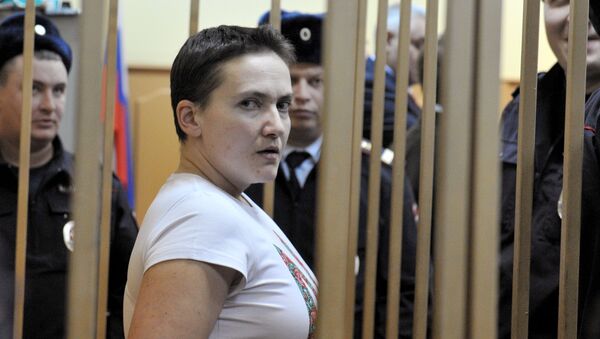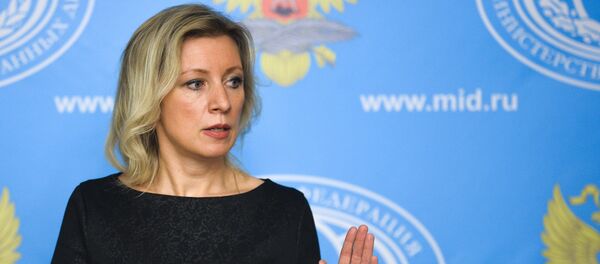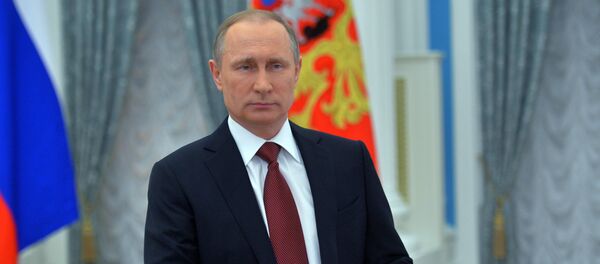Nadia (Nadezhda) Savchenko is a Ukrainian woman who was an officer with the Ukrainian armed forces. When, following the Maidan events of February 2014, the new Kiev authorities launched a military operation against the residents of the Donbass who rejected the violent regime change, she went AWOL and joined as a volunteer a paramilitary Maidan battalion fighting “separatists” in the East.
In June 2014 Savchenko was taken prisoner when allegedly directing artillery fire that killed two Russian journalists in the area. According to the prosecution she then escaped her captors and made her way into Russia where she was detained. Her defense, by contrast, claims that she was captured by rebels and then illegally taken to Russia.
All sides, however, seem to agree that she was involved in the fighting and, by Savchenko’s own admission, even “killed separatists”.
On 21 March 2016 a court in southern Russia found Savchenko guilty of killing Russian nationals. More importantly, the court found that her actions were motivated by hatred towards Russians and Russian-speaking people as an ethnic group. While there may be debate over whether she indeed is guilty of the murder she is charged with, there seem to be little doubt the motives.
The last Ukrainian Maidan of 2014 was, in essence, an uprising of nationally-conscious Ukrainians against what they perceived to be a continuing Russian political, cultural and particularly language preponderance in Ukraine. Such perception is not entirely baseless.
Although Russian has no legal status and has effectively been banned from official use in Ukraine, much of the country prefers to speak Russian in everyday life. Such state of affairs is deeply troubling to those who consider themselves real Ukrainians, as it suggests that Ukraine might never be Ukrainianized as they wish, remaining forever essentially another Russia.
The struggle for Ukrainian supremacy in the country did not assume violent forms for as long as the ultra-nationalist forces were kept in check, but the Maidan has brought it out into the open. Some in Ukraine and the West have claimed that Savchenko’s trial is a political process, with her having been illegally kidnapped by the Russians. Her supporters also claim that Savchenko is innocent, while the court’s actions are politically motivated; thus no justice can be expected.
What, however, is clear even before the court is over is that outside observes can’t know whether Savchenko is innocent or not, and so any such statements are false. Majors efforts have been made to pressure Russia into releasing Savchenko. Public rallies have been held in Ukraine, and Russian embassy and consular offices in the country have been attacked. Ukrainian and Western politicians have demanded that Putin free her. Yet the pressure obviously could not succeed.
Political trial or not, no Russian official can interfere in court proceedings. And the nature of the demands almost guaranteed that they wouldn’t be met anyway. It can’t be ruled out that once sentenced Savchenko may be exchanged for Russians held in Ukraine or pardoned by president Putin. A backroom deal to release her in exchange for Western concessions in the diplomatic stand-off with Russia seems unlikely, though. Russia doesn’t trust Ukraine, nor does it want to be seen as acting from weakness.
What was important for Russia was to show that justice will be done. All those in Ukraine fighting “separatists” are now on notice that Moscow won’t allow Russians to be killed without consequence.




